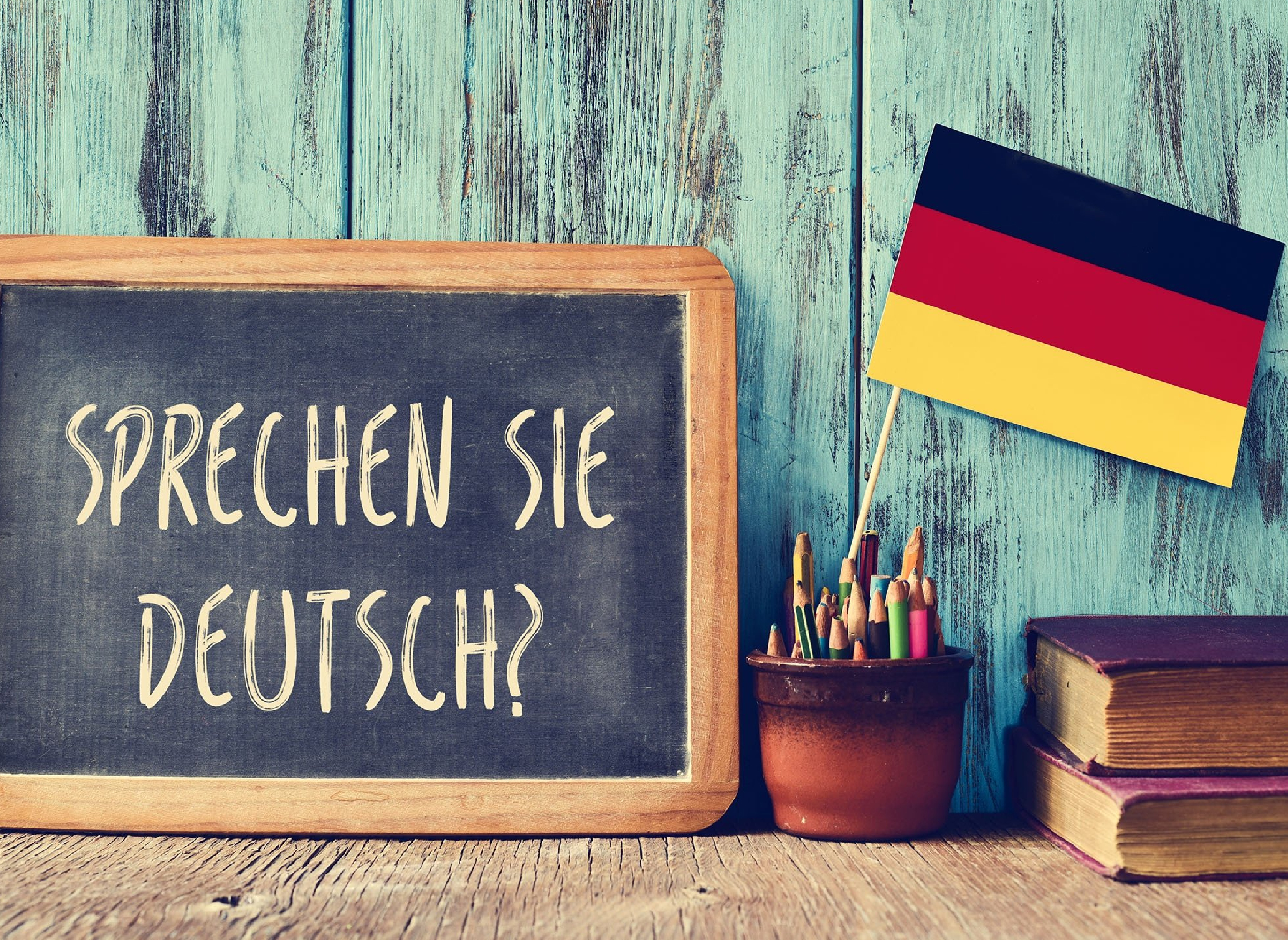Need accurate German translations? Our expert team offers
reliable translations for all your needs. Contact us today
to get started!

The German language is one of the most widely spoken languages in Europe and is the official language of Germany, Austria, and parts of Switzerland. With over 130 million German speakers worldwide, translating content into German can be incredibly valuable for businesses and individuals alike.
One of the primary benefits of German translation is that it allows for effective communication with German speakers. Whether you are a business looking to expand into German-speaking markets or an individual seeking to connect with German-speaking friends or family members, accurately translated content can help you achieve your goals. By making your message accessible to German speakers, you can build relationships, increase your reach, and enhance your reputation.
In addition, German is the language of science, engineering, and technology. Many of the world's most renowned scientific discoveries and technological advancements have come from German-speaking countries. As a result, there is a significant demand for German translations in these fields. Accurately translated technical documents, research papers, and patents can help businesses and individuals stay up-to-date with the latest developments and innovations.
Another reason why German translation is essential is its impact on international trade. Germany is one of the largest economies in Europe and the world, with a strong export sector. By translating marketing materials, product descriptions, and other business content into German, companies can appeal to German-speaking customers and increase their chances of success in the German market. Translations also help to build trust with German-speaking customers, as it shows that a company is invested in communicating with them in their native language.
Furthermore, German is a language with a rich cultural heritage. Germany has a long history of art, literature, and philosophy, and translations of these works can help preserve and share this cultural heritage with non-German speakers. Translating German literature, for example, can allow readers around the world to experience the works of famous German writers like Johann Wolfgang von Goethe or Franz Kafka. Translations of historical documents and other cultural artifacts can also help researchers and scholars gain new insights into the history and culture of German-speaking countries.
Finally, accurate German translation can help individuals and organizations comply with legal requirements. For example, if you are a German company doing business in the United States, you may be required to provide legal documents such as contracts, patents, and trademarks in both German and English. Likewise, if you are a non-German speaker looking to do business in Germany, you may need to provide translated versions of legal documents in order to comply with local laws and regulations.
In conclusion, German translation is an essential tool for effective communication, cultural exchange, and success in international markets. Whether you are a business owner, an individual, or a scholar, accurate translations can help you achieve your goals and connect with German-speaking audiences around the world.